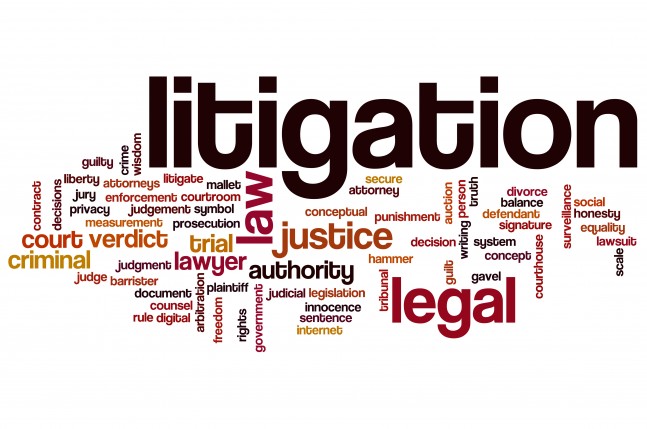
When your lawyer writes you a confidential letter giving advice in relation to a legal matter or communicating about a legal dispute, or you send your lawyer an email seeking advice, it will generally be protected by legal professional privilege.
By ‘protected’, the Courts mean that these documents can’t be used against you. In fact, any opponent in a Court case can’t look at them.
The reason for the privilege, as stated by the High Court, is that it keeps:
secret their communications, thereby inducing the client to retain the solicitor and seek his advice, and encouraging the client to make a full and frank disclosure of the relevant circumstances to the solicitor.
As long as the dominant purpose for creating the document is for a reason described above, it will be privileged.
Your lawyer is bound by an ethical oath of confidentiality. He or she cannot disclose your personal information without your express instruction or as required by law.
But while all legally privileged documents are confidential by their very nature, not all confidential documents are legally privileged. The law may require the disclosure of confidential documents if they are relevant to a legal dispute but it is only in exceptional cases that you will be required to disclose documents protected by legal professional privilege.
You, however, can waive the privilege if you choose. In some cases, clients have waived privilege without meaning to. Before dealing with confidential papers relevant to a legal matter, best to get legal advice on that issue – that advice will also be privileged!
For further information please contact Peter on 8362 6400 or email Peter Jakobsen. Join our mailing list to receive updates and advice on current issues.







